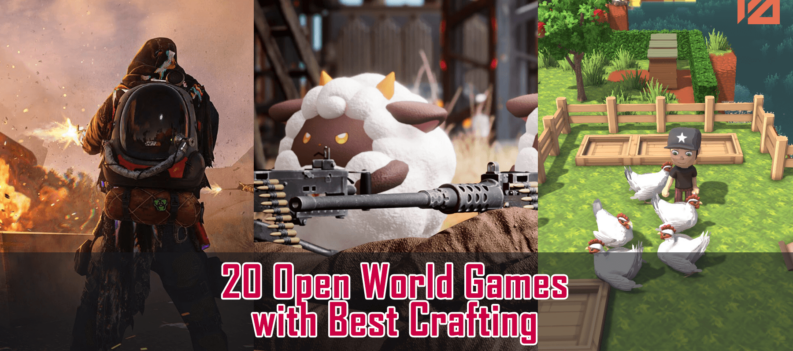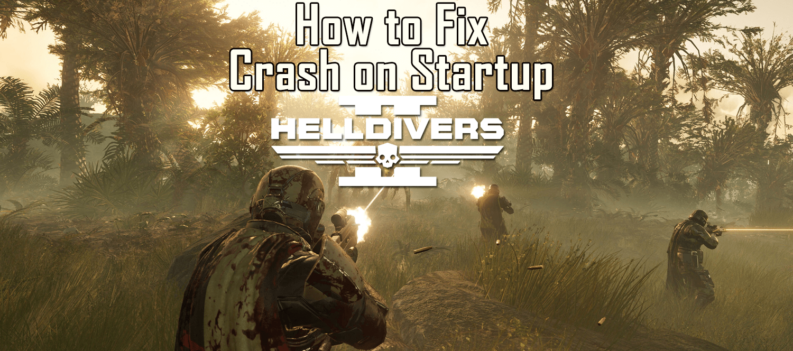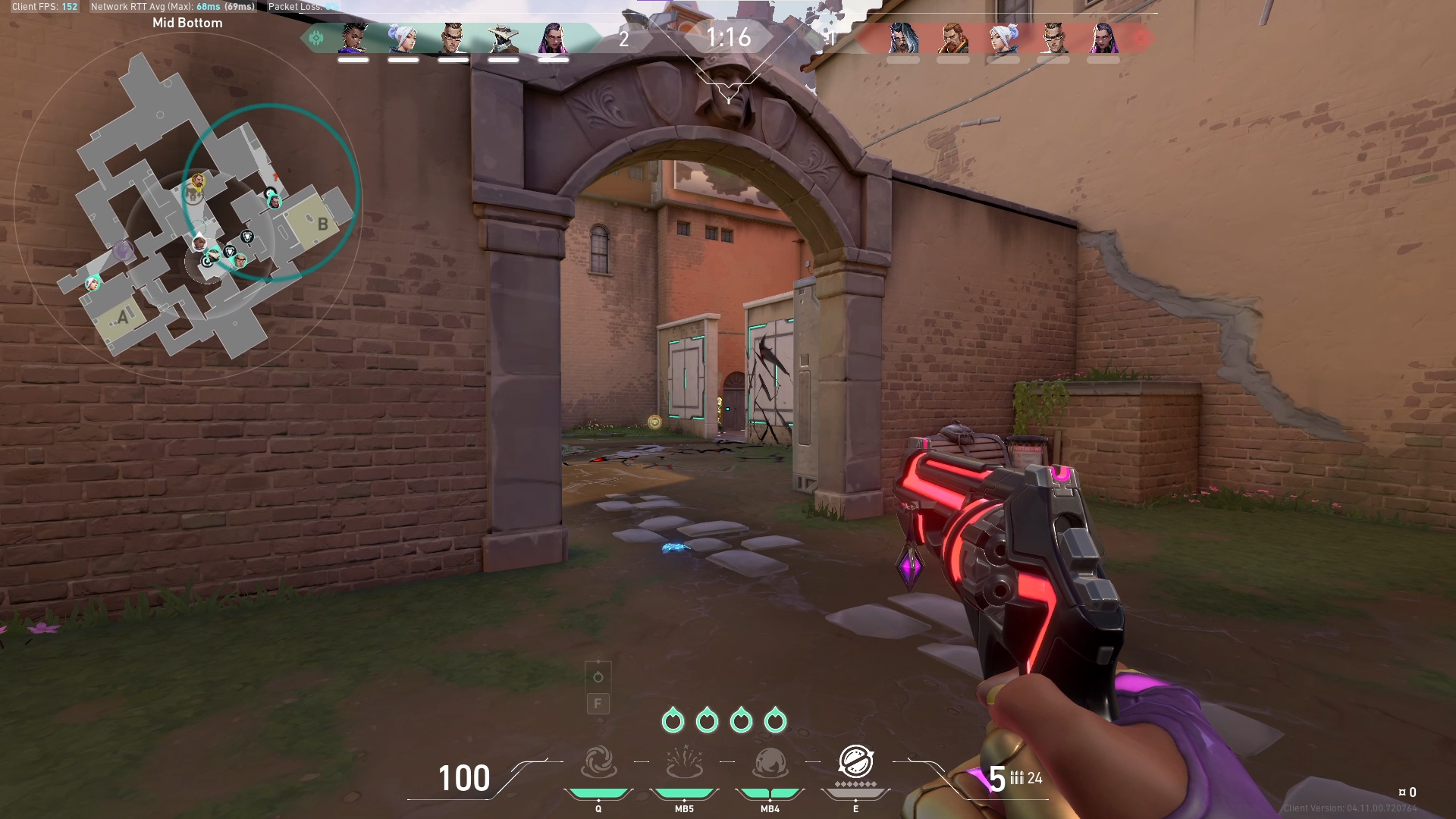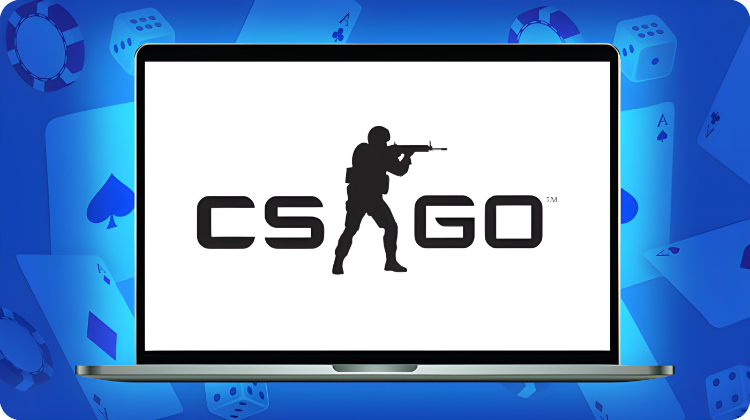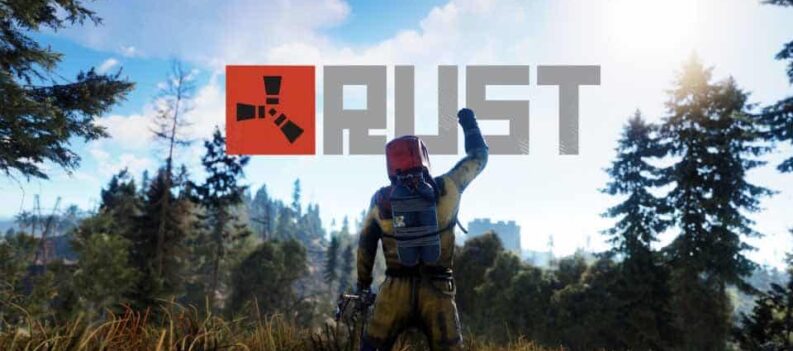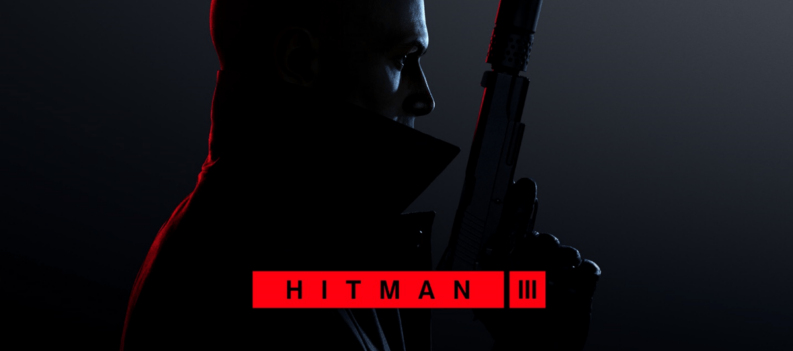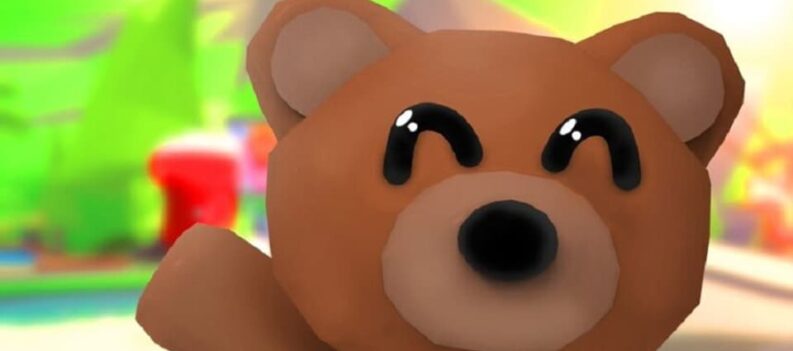Outward is a game that takes a bit of getting used to. It’s not the best looking, or the game with the most complex narrative, but behind its obvious flaws lies a game with charm and ambition.
At its core, Outward is a survivalist RPG. Outward has you adventuring out to pay a blood debt incurred by your grandmother. Having woken up from a shipwreck, after a journey that had you away from your village for four months, you return to find that your neighbours aren’t too happy you went away in the first place. The blood debt has incurred the four months interest, and you need to pay. Pronto. So, with money as your motivation to get your neighbours off your back, you venture off into the wilds to try to get yourself sorted out and your adventure begins.
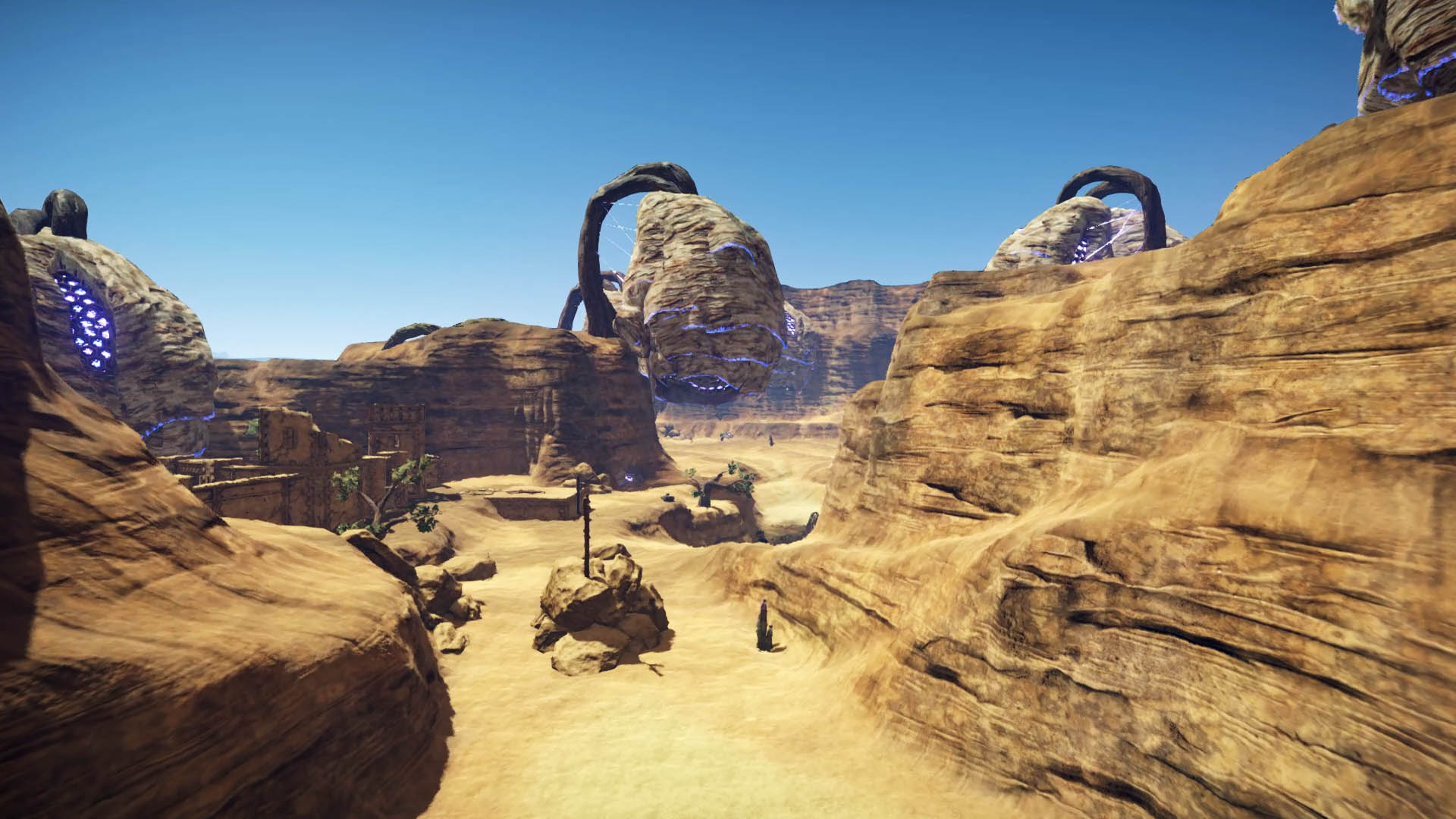
As with most games in this genre you aren’t exactly a tough and ready adventurer when you start out, and most encounters are best avoided until you are fairly certain you can come out on top. Combat is quite sluggish and a bit of a chore, and it quickly became something that I actively avoided. Most of the early encounters are with underground enemies that don’t take much in the way of strategy to best, but outside of these early quests enemies in Outward are tough.
Avoiding the obvious such as being surrounded or attacking when your stamina is low is crucial, as the systems that Outward has in place feel so outdated and clunky that they quickly become an annoyance. You can lock on to enemies, block, dodge and attack with any weapons you have equipped or magic you may have learned along the way (providing you have ventured out and learned it). Skirmishes become a lesson in blocking and waiting for your chance to strike, managing the chance of success against an ever decreasing stamina bar, which means combat descends into a waiting game between you and your opponent.
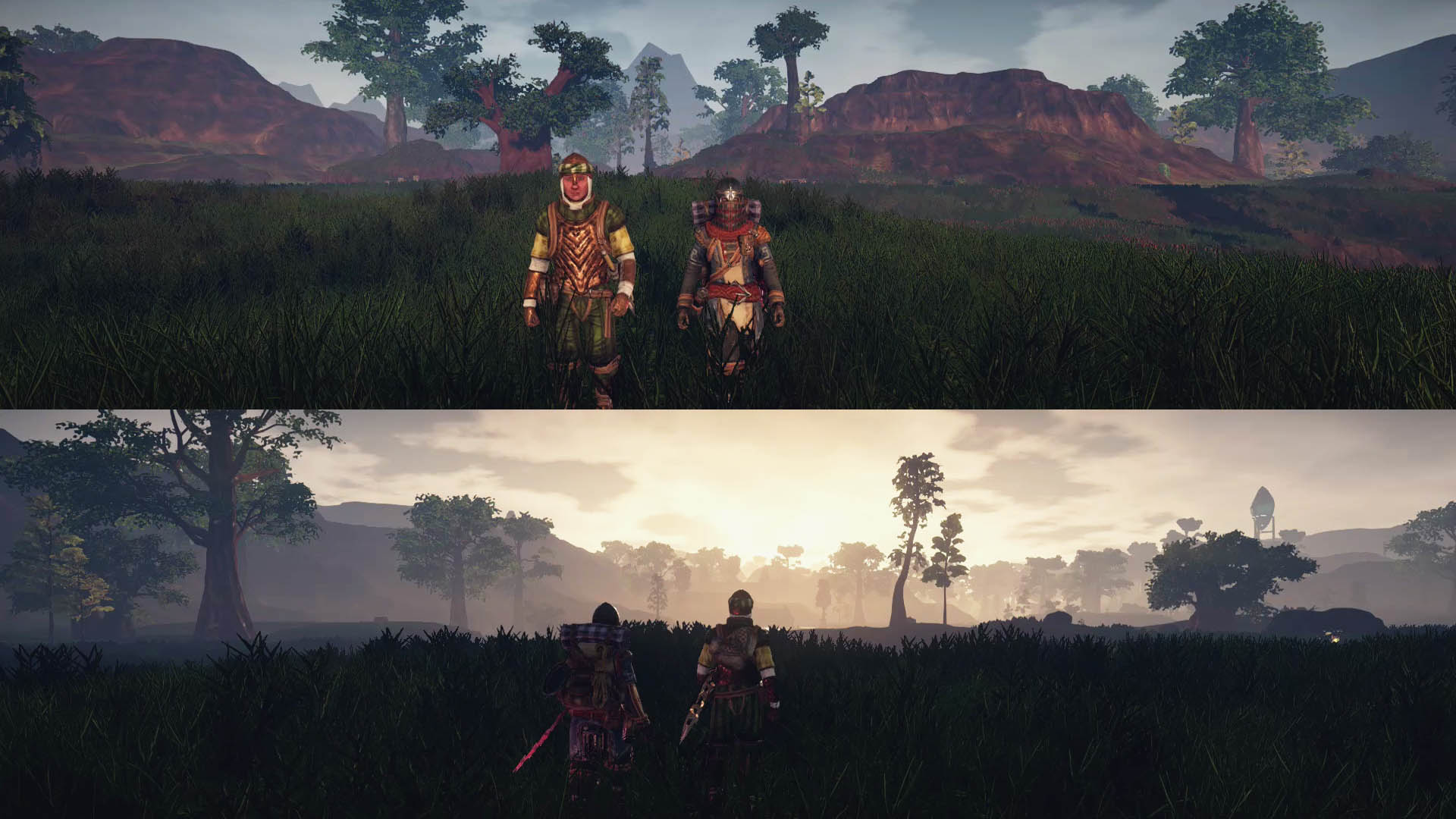
This is fine if you and the enemies you faced were evenly matched, but the vast majority of your encounters are against enemies that are better equipped or just downright stronger than you are, meaning defeat is only ever a few swings away. Outward is forgiving in that when you awake from defeat you still have your backpack full of items that you have gained, whether you wake up on a hillside having been helped by a mysterious stranger or imprisoned in a bandit camp. This too feels a little odd, as the battle to gain items is then outweighed by the knowledge that you won’t lose them upon death, which made me a little reckless in some of my choices earlier on. Why worry when you know you are going to wake up no worse for wear somewhere else?
Outward doesn’t contain an experience system to make your character stronger. Instead, powering up your character can be done by gear bought, scavenged or crafted as you adventure out. Finding gear to increase your offensive and defensive capabilities becomes a main driving factor for much of Outward. Yes there are simple quests that might involve you delving into dungeons or delivering something from point A to B, but in order to complete these tasks you need to ensure you are up to the job, and this involves making sure you have the right gear going in.
Traders are happy enough to sell you gear, but first you need silver and acquiring it is the problem. selling items and completing quests is the obvious route to accumulate wealth in Outward, and this cyclic system of quest, sell, and then buy what you no longer need is par for the course, all the while managing your inventory space to make sure you have enough space in which to keep it all.
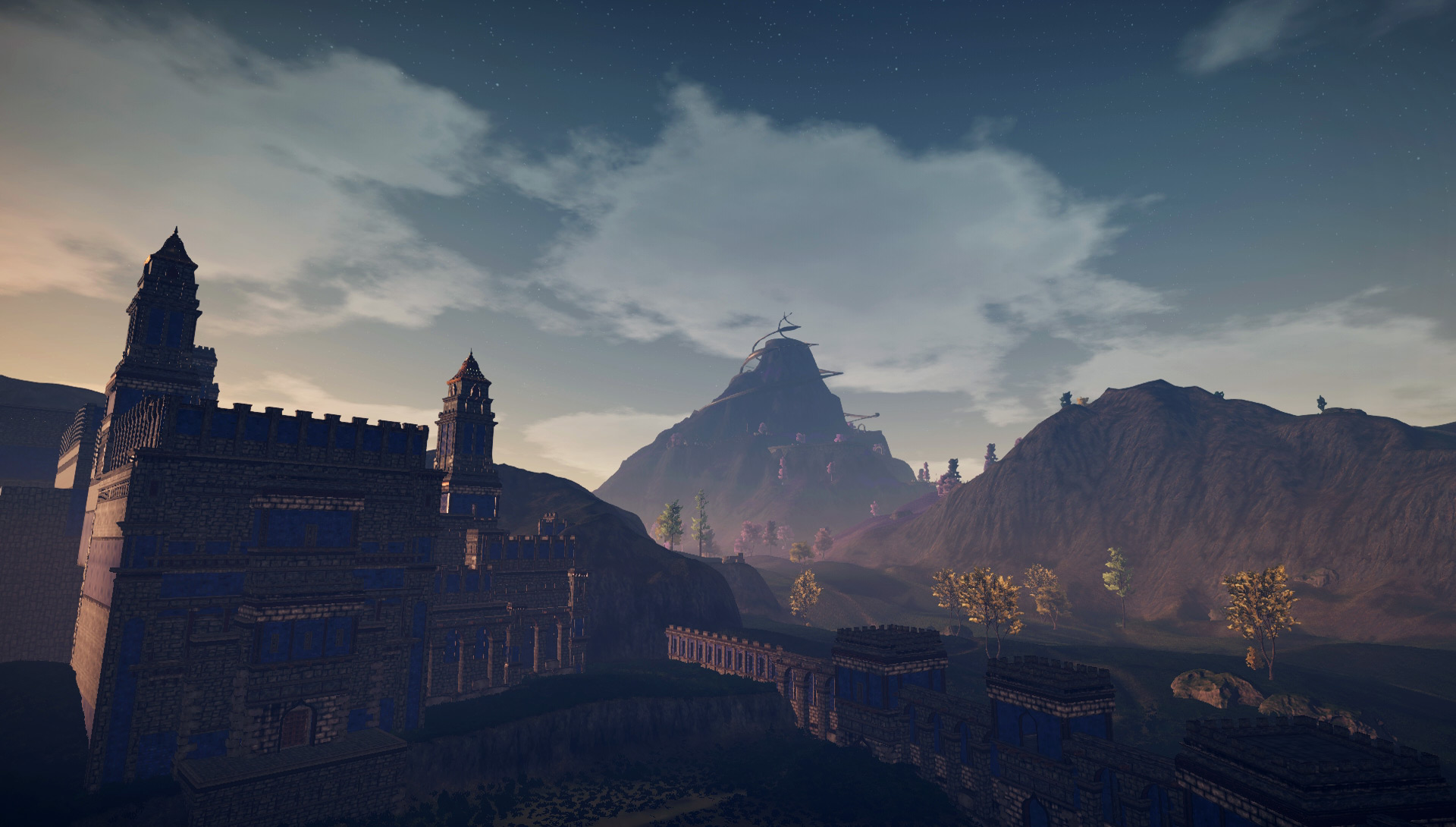
Inventory management in Outward is a key gameplay element, and something that, if you’re anything like me, you will spend ages fretting over. Will I need that? That looks useless – but is it? Items can be placed on your person, in your pocket or in your backpack, and switched quickly between them if you need to. Each has a weight limit, with your pocket being smaller than your backpack. This is quite a clever system, as items in your pocket can be accessed all the time, even if your backpack isn’t too handy. Managing inventory in this way means you can shift weight about to suit your play style, and in the midst of battle you can quickly unclip your backpack should you need to, providing you have enough items in your pocket to survive the encounter.
This is an incredibly simple and elegant system that works well enough, and it’s a refreshing enough twist on the inventory gimmick that has become a stable of many RPGs. You can still find yourself over-encumbered, and finding your movement speed reduced to a crawl or to a downright stop is still as annoying as ever.
The most fun I had with Outward was during co-op, which is available either online or locally in split screen. Here, Outward shifts from a game about surviving into a one with a heavier focus on cooperation and communicating between you and your buddy. Luckily for me I was able to bring along PurePlaystation’s very own Kyle Durant for the ride, and during the couple of hours we spent exploring Outward took on a whole new shine. Yes the flaws in combat and graphics were still there, but the experience became something different. Entering new areas, while still difficult, became slightly easier to navigate and explore, and we were able to make good progress in opening up the world map as a result.
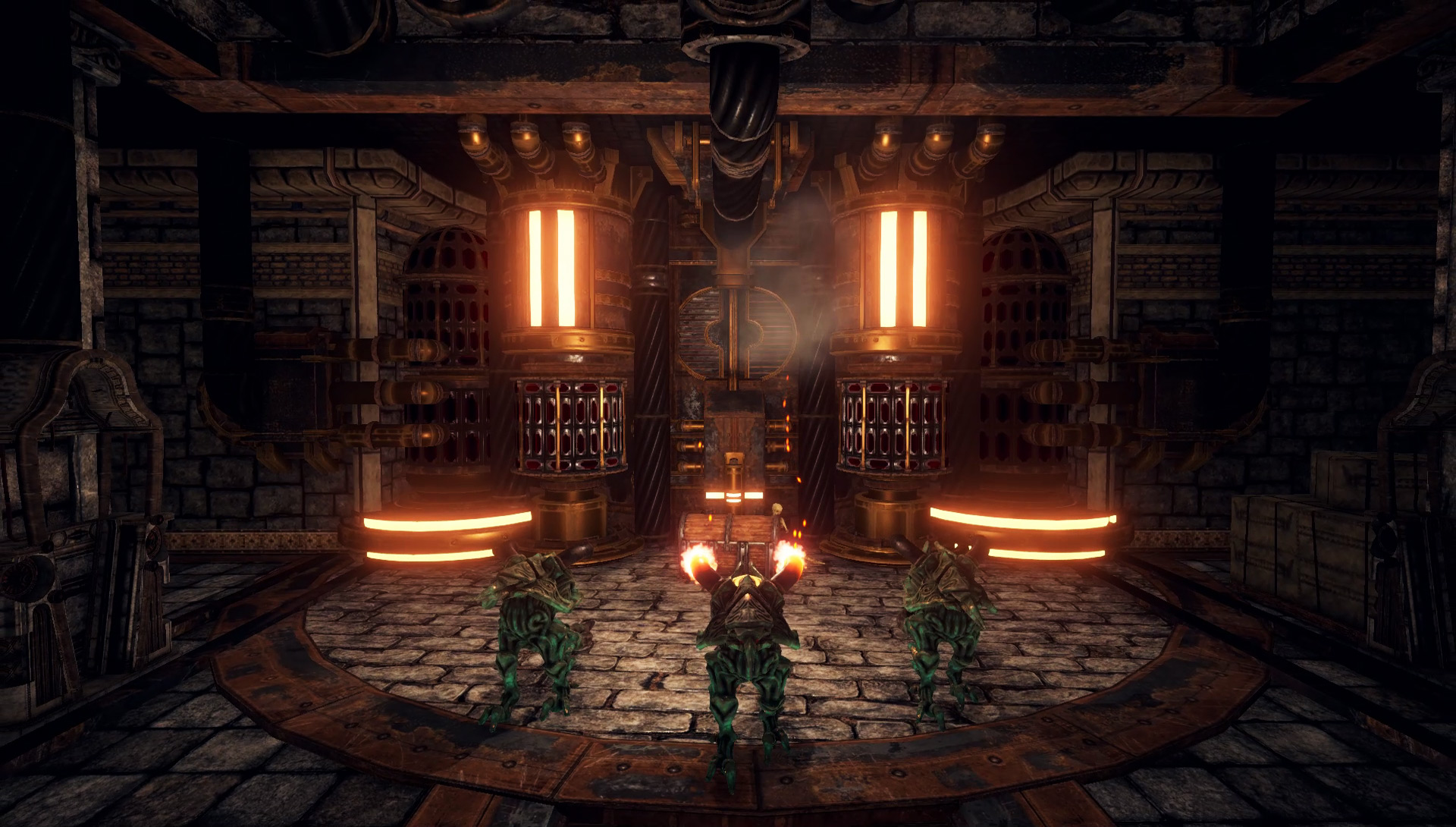
Trekking through the world became a bit more enjoyable with someone along, as all traversal is on foot to continue to add to the whole survival mechanic. Balancing your needs of food, thirst, warmth and rest are easier too, as you can both work together to balance out your needs, and should you need to rest one of you can stay on guard to lower your chances of getting ambushed while you sleep.
Combat too was made slightly easier, although that was only through the tactics that it opened up to us being able to communicate as we navigated the world. We both still tried to avoid combat as a general rule, but the few encounters we did jump in on we managed to either survive with on of us acting as bait while the other attacked, or simply to distract the enemy while the other rushed in and grabbed whatever loot was there for the taking before doing the heroic thing and running away. Granted this might not be the way Outward was meant to be played but that’s the point – co-op allowed us both to explore areas that would have been inaccessible to us at that point in time, but working together allowed us to overcome the obstacles in our path.
During co-op the host retains certain privileges with loot and during quests, so having a trusty co-op partner is better than not as you can both work together to get better gear, with the joining player returning to their game with whatever plundered loot they have in their possession.
Outward PS4 Review
-
Overall - Good - 6/106/10
Summary
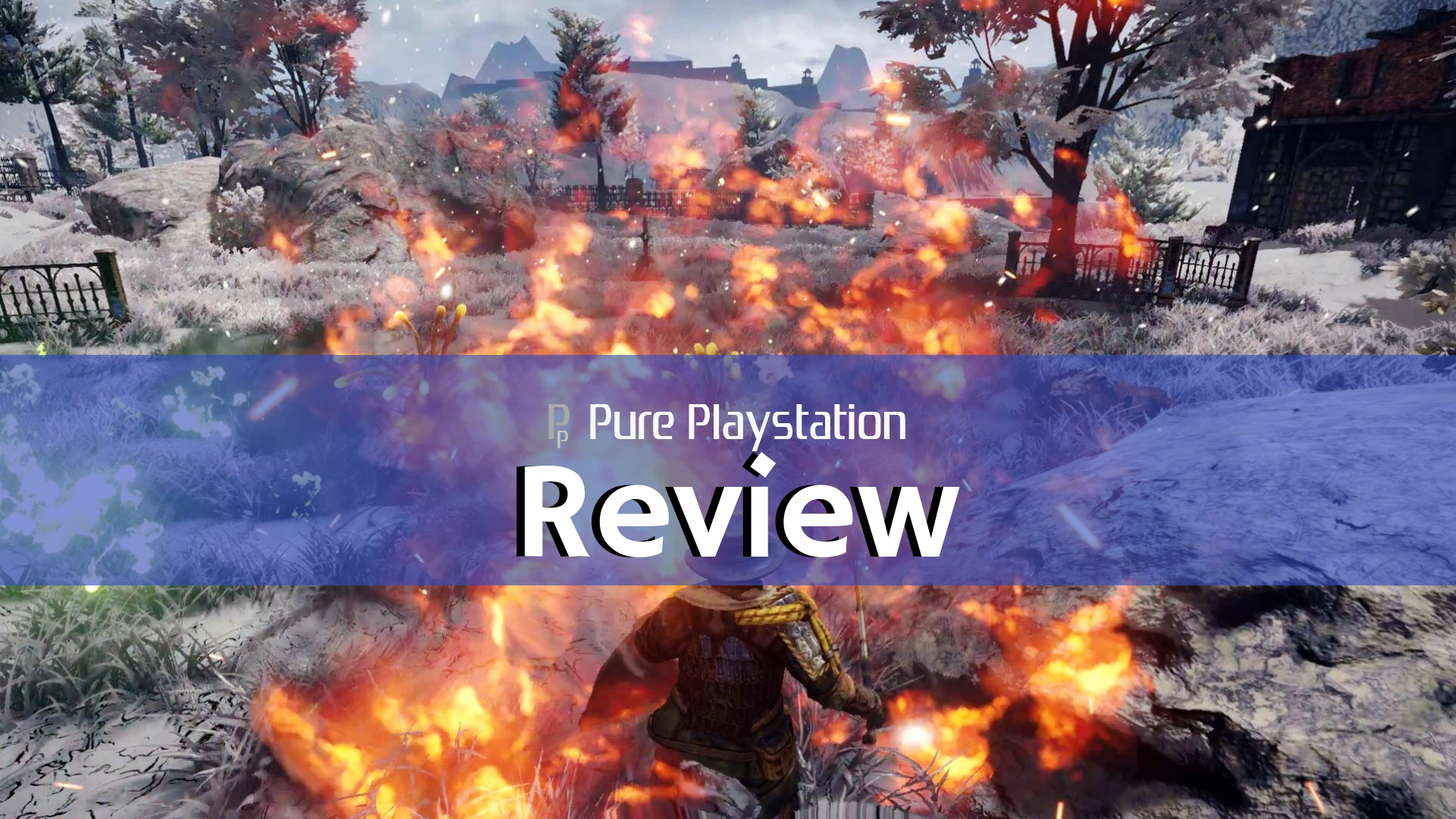
Under the rough polish, there is something charming about Outward. It has hints of Fable and a little bit of RuneScape thrown in, and after having first being a bit underwhelmed by it’s simple textures and basic graphics, I realised that Outward has the potential to be something special, but then an enemy would swoop in or a glitch would swoop in and remind me of the frustrations that lie just beneath the surface. Some will no doubt love Outward, and during my time with co-op it became clearer why, but solo Outward is a difficult and frustrating experience that’s moments of greatness are continuously overlooked by it’s inherent flaws.
Review Disclaimer: This review was carried out using a digital copy of the game provided by the publisher. For more information, please read our Review Policy.
Reviewed using base PS4.



